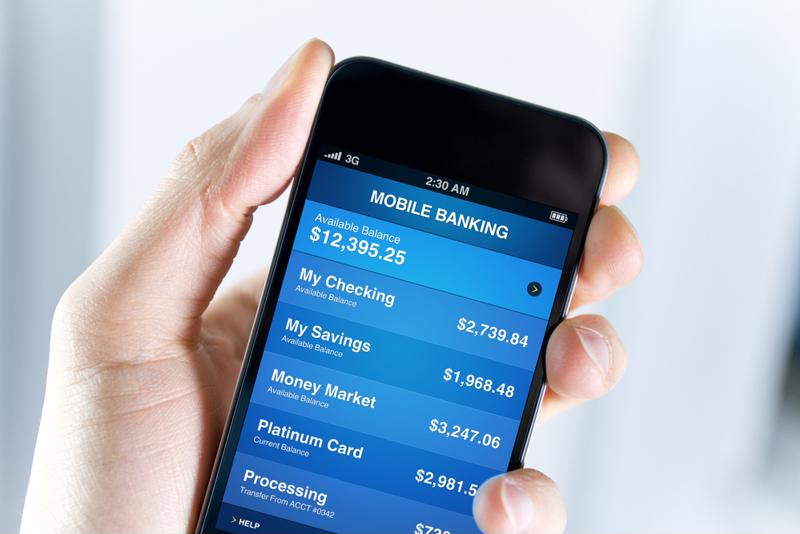ARE YOU FINANCIALLY PREPARED FOR THE UNEXPECTED
Being financially prepared means many different things to different people. For some people, they worry about natural disasters and struggle with the decision whether to pay for additional home insurance to protect themselves. Maybe for you retirement is a large concern. And there are a plethora of other reasons why you want to be financially stable, whether it’s because of a baby on the way, a medical emergency or simply the ability to be able to go on vacation.
Whatever the reason, there are steps that you can take to ensure you are financially prepared for when push comes to shove. There are always options to secure funding in times of necessity, whether this means taking out a signature installment loan or turning to some other credit line. And while these options are available to assist you when you need it (and there are many instances in which you will), it is also a good idea for you to take financial preparation into your own hands.
Being Financially Prepared
Having a savings account or some type of reserve fund in the event it is necessary is not an easy thing to just put together. For most people, having a resource like this will take years to accumulate and a great deal of discipline. However, when the alternative is being financially under prepared when you need it most, the years of hard work will certainly be worth it.
“Paying off debt is the first step to creating financial stability.”
Here are a few tips for planning ahead and making sure you are financially prepared for when you need it:
Eliminate Debt
Saving money is always easier when you do not have debt to continually chip away at. Paying off debt should be the first step you take to creating financial stability. This doesn’t mean you can’t save some money while paying down the debt, but as a guideline the debt payments should be larger than the sums going into the savings account. Once debt is paid off, then you should use that freed up money and put it toward the emergency fund.
Verify Insurance Policies
While you might assume that damages from floods and hurricanes are covered under homeowner’s insurance, this is often not the case. In fact, according to U.S. News & World Report, a survey of 1,200 adults revealed that about half of homeowners didn’t know the precise coverage of their home insurance policy.
Natural disaster such as floods, earthquakes and hurricanes require their own policy, or cost additional when included in a standard policy. If living in an area that comes with high risk of natural disasters, it is in your best interest to ensure your policy covers the events you want, even if this means spending a bit on monthly payments. You can always reevaluate your finances to make this work, and you should to be prepared.
Spend Wisely
When you have money, you want to spend it. There is little argument to that. However, this is not always in your best interest. You should establish a monthly limit worth of “free spending” and use the rest for bills and saving. The emergency fund is not going to grow itself so it helps to prioritize spending categories. According to the American Preppers Network, you should pay for items that are necessary, such as home repairs or medical expenses, and put the rest into a savings fund.
Though it sounds obvious, it’s worth noting that you cannot step into retirement without financial backing. And while many retirees will receive income from previous employment, this does not account for adjustments in living costs, such as inflation. Additionally, with many young people resorting to self-employment or freelance work, a source of retirement income is no longer guaranteed, as they don’t have a steady income or aren’t being provided retirement by a company. This means it is up to the individuals to prepare for themselves.
 Keep track of your finances so they don’t away from you.
Keep track of your finances so they don’t away from you.Consider the Type of Account
Savings accounts are not the same across the board, and some allow money to generate more interest the longer it sits there. According to New Enterprise Associates, you should speak with your bank or financial advisor regarding appropriate options for retirement savings accounts, such as a Roth IRA. As long as money is sitting in an account, it might as well be growing.
These are not the only methods for preparing for an emergency, but they will certainly give you a head start. There are always options regarding personal loans when you need help fast, but if an emergency fund is in place, you might not have to turn to a loan, or at least can apply for a smaller loan that will be easier to pay back. Additionally, being prepared by having a fund in place will reduce stress and help you have more confidence in both your budgeting and spending.
